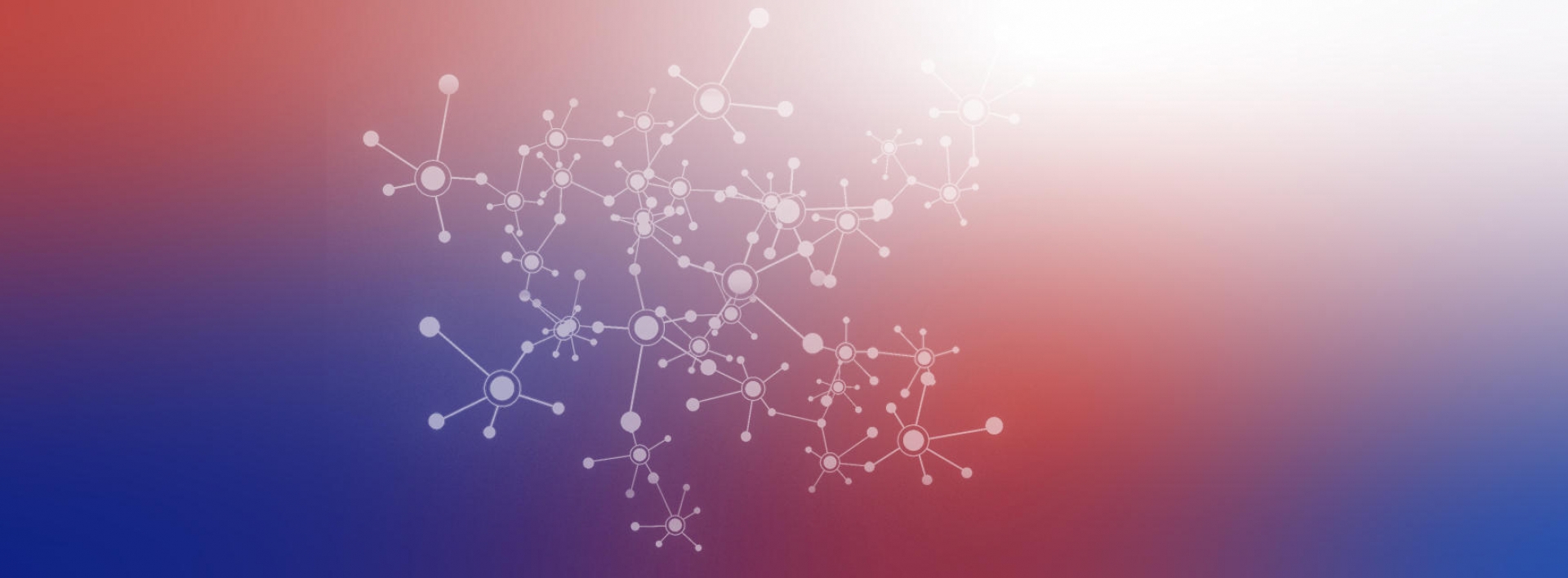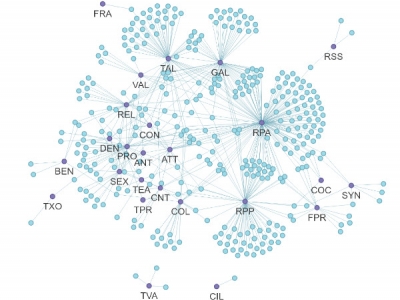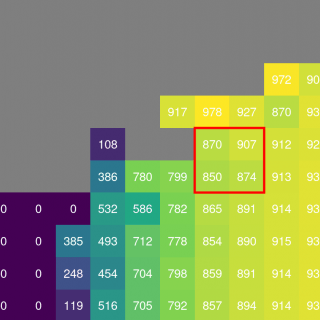Stochastic models, agent-based models and social simulations
Scientific referents
Coordinator: Julien Randon-Furling
Presentation
From the viewpoint of mathematical modelling and scientific analysis, numerous human systems exhibit challenges similar to the ones posed by complex systems in the physical and natural sciences. We therefore develop and study approaches of stochastic modelling and numerical simulations that are geared specifically toward questions in the humanities and social sciences, while being analogous in spirit to approaches developed in the physics of complex systems.
We focus in particular on the definition of a formal framework enabling one to derive, analytically or through simulations, phase diagrams describing the behaviour of complex systems of human, social, historical and economical interactions.
We also seek to ascertain a theoretical framework for the use of agent-based models and other types of numerical simulations in scientific prediction and causal inference.
Diffusion dynamics on networks and socio-spatial phenomena such as segregation are also part of the topics that we study, as well as, on a more pure mathematics note, the properties of stochastic processes (Markov chains, random walks, Lévy processes) that appear in our models – specifically questions related to extreme values, first passage times, rare events and stochastic geometry
Key words
Complexity - Stochastic processes and models - Agent-based models - Simulations - Collective dynamics - Causal inference - Stochastic geometry
Key facts
- Project The Lost Manuscripts of Medieval Europe: Modelling the Transmission of Texts (LostMA) co-chaired wih Jean-Baptiste Camps (École des Chartes - PSL), awarded an ERC Starting Grant 2024-2029
- Invitation (JRF) to the Isaac Newton Institute (Cambridge), July-December 2024
- Article Histoire et Sciences mathématiques co-authored with historian Karine Le Bail (CNRS – EHESS) published in Annales. Histoire, Sciences Sociales (2023)
Applications
The work conducted on this theme provides a theoretical basis for the modelling of real social and economical systems with a view to predicting their behaviour and testing various scenarios of interventions. Thus we aim to contribute to better decision making processes in public policy and/or in collective social systems (in particular Public Health and Education).
Topics covered
-
Complex systems: phase diagrams, phase transitions, criticality, emergence, simulations, agent-based models, hybrid modelling
-
Stochastic processes : hitting times and first passage times, extreme values, rare events, stochastic convex hulls
International partners
- ABM Lab (NYU School of Global Public Health, New York)
- Complex Systems Lab (Columbia Univ., New York)
- Applied Complexity Group (Global Studies Institute, Univ. Genève)
- Center for Advanced Spatial Analysis (UCL Londres)


